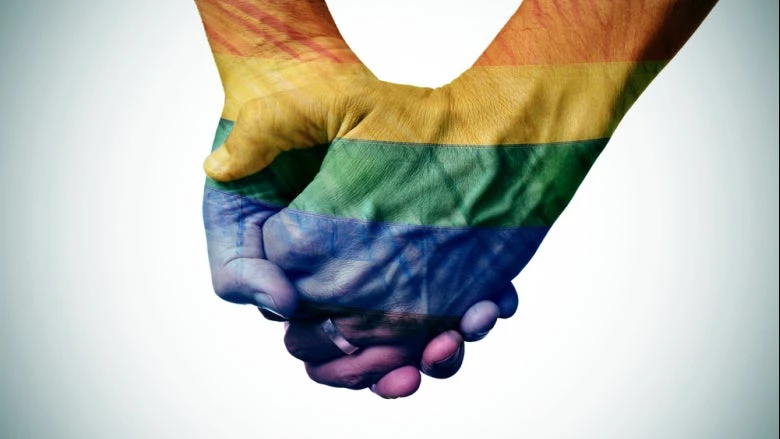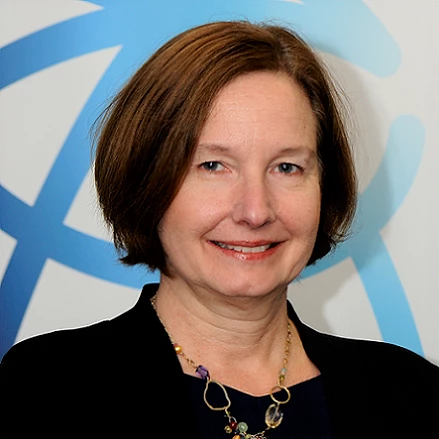
At the World Bank, we know that social inclusion is not only the right thing but also the economically smart thing to do. More inclusive societies are more likely to make the most of their entire stock of human capital. More open and inclusive cities are better placed to attract international capital and talent. More open and inclusive countries make more attractive international tourist destinations.
“I am not in a position to out myself because in our country people like me are faced with insults, mockery, and even violence if they are not ‘normal'.” This sobering story of a young bisexual woman from the Former Yugoslav Republic (FYR) of Macedonia is emblematic of the struggles lesbian, gay, bisexual, transgender, and intersex (LGBTI) people face all over the world. Such exclusion presents a key challenge to achieving the World Bank’s twin goals and the Sustainable Development Goals.
The young woman is not alone! 2,300 LGBTI people from Albania, Bosnia and Herzegovina, Croatia, Kosovo, FYR Macedonia, Montenegro, and Slovenia shared their experiences in the largest-ever survey of sexual and gender minorities in the region. The research report “ Life on the Margins: Survey Results of the Experiences of LGBTI People in Southeastern Europe” provides a detailed account of the responses and tells a story of discrimination, exclusion, and violence.
Every third respondent reported being a victim of violence in the past five years. Transgender respondents are even more vulnerable, with more than half having experienced violence. The dire effects such experiences have on victims are well documented, and there is a broader societal cost from such violence.
Despite legislation prohibiting discrimination based on sexual orientation and gender identity (SOGI) in most of the participating countries, almost half (49%) of the respondents reported that they had been discriminated against or harassed in the previous 12 months. Transgender people again are much more vulnerable, with 80 percent of respondents reporting such experiences. Discrimination is widespread throughout the educational system and the workplace, hindering LGBTI people from contributing fully to the development of their societies.
“ Life on the Margins: Survey Results of the Experiences of LGBTI People in Southeastern Europe” provides a sobering view of the challenges experienced by LGBTI people in Southeastern Europe. Addressing these challenges will not only ensure that all people’s rights are protected and respected, but will bring benefits to the societies, economies, and the region at-large.
First and foremost, we need to continue investing to fill the LGBTI knowledge gap. As one gay respondent from Kosovo put it, “we want to step into the light”. This survey, for the first time, sheds light on the experience of LGBTI people in the region. National statistical agencies should begin to regularly collect LGBTI-disaggregated data to create the ongoing evidence needed to build more inclusive policies and programs. After all, evidence-based policy making will yield the biggest gains for individuals, economies, and societies.
One of the important findings of the survey is that there should be training for authorities, law enforcement officers, and healthcare workers. The legislative frameworks across the region provide the necessary tools to protect LGBTI people from discrimination, exclusion, and violence. What is lagging, is the effective implementation of these laws. This becomes particularly evident as only 17 percent of the victims of violence felt comfortable enough to file a report with the police, and of these reports, action was only taken against perpetrators in 16 percent of the most serious cases.
In the most recent Communication on EU Enlargement Policy of the European Commission (EC) states, “…fundamental rights are largely enshrined in the legislation in the Western Balkans but serious efforts are needed to ensure they are fully implemented in practice.” Governments, development partners, and LGBTI civil-society organizations should work together in strengthening the implementation of national laws. Governments across the region should sensitize public servants, including teachers, social workers, health care providers, and justice sector officials, on LGBTI discrimination, and train them to better respond to the specific needs of LGBTI victims of discrimination and violence.
“ Life on the Margins: Survey Results of the Experiences of LGBTI People in Southeastern Europe” provides robust data to policymakers and advocates to build more inclusive programs and policies. We look forward to continue working with our clients and organizations like the ERA – LGBTI Equal Rights Association for the Western Balkans and Turkey, a key partner in the research, to create positive change and to ensure no-one is left behind.




Join the Conversation